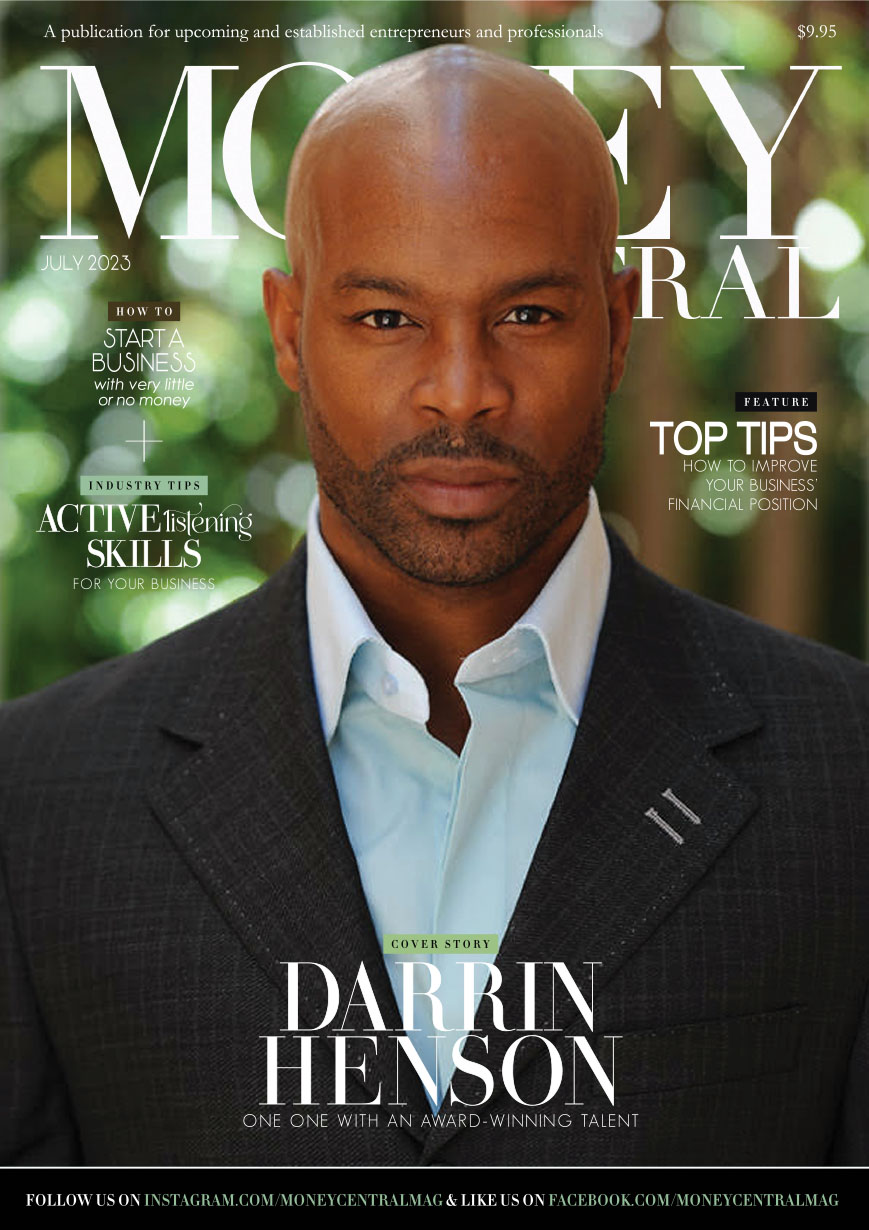
Download Now
When it comes to longevity and success in the entertainment industry, few names shine as brightly as Darrin’s. With an illustrious career spanning over three decades, this award-winning talent has left an indelible mark on the world of entertainment. Known for his collaborations with legendary stars such as Michael Jackson, Prince, Jennifer Lopez, Britney Spears, NSYNC, Xscape, and Jagged Edge, Darrin has worked on some of the biggest projects in the industry.
From gracing the silver screen in fan favorites like “Soul Food” and “Stomp The Yard” to captivating audiences with his performances in current shows like “The Family Business” and “Double Cross,” Darrin has proven time and time again that he is a force to be reckoned with. But rather than resting on his laurels, Darrin continues to evolve and take command of his career in new and exciting ways.
One of his notable endeavors is his passion for storytelling. Darrin is not only focused on his own journey but also on creating opportunities for rising talent within the TV and film industry. By telling stories that truly matter to him, he aims to make a lasting impact and inspire others to pursue their dreams fearlessly. His dedication to nurturing talent and fostering creativity sets him apart as a true visionary in the industry.
Additionally, Darrin’s creativity knows no bounds. He is currently in negotiations with major networks and streaming services for a documentary that promises to offer an intimate and compelling look into his life and career. This forthcoming project is set to captivate audiences and shed light on the remarkable journey that has brought Darrin to where he is today.
In an exclusive interview with MoneyCentral Magazine, Darrin opened up about his remarkable journey in the industry. He shared insights, anecdotes, and reflections on the challenges and triumphs he has encountered along the way. From his humble beginnings to his meteoric rise, Darrin’s story is one of perseverance, passion, and an unwavering commitment to his craft.
When did your entrepreneurial flair first reveal itself?
As an entrepreneur, it really kicked in when I was about 18 years old. I was traveling to Japan and commissioned for a certain amount of money. Once I got there, I saw many opportunities, but I had to manage my schedule more effectively. I realized that I could make more money if I managed my time properly. That is when my flair for entrepreneurship kicked in.
What did your life look like before being an entrepreneur?
It looked like a guy from the Bronx who had a lot of big dreams, creativity, and energy – and it was dispersed all over the place. In other words, I had a lot of ideas that were just ideas. As an entrepreneur, I was able to make those ideas work. When I put those ideas to work, they started manifesting material gain through money and resources. So, we all have ideas, but until we can utilize them to help other people, then chances are, they will just continue to be dreams and ideas. I figured out that when you put your ideas to work, and they help someone else, you can create value for yourself and earn from that.
As a choreographer, actor, and author, what is it that motivates and drives you?
As a choreographer, it was creating dance steps that the whole world would do. As an actor, it’s being able to make people feel, and as an author, it is bringing information to the masses that helps them become more of what they want to be.
In a word, describe your life as an entrepreneur and explain why.
Expanding: As an entrepreneur, I sold dance steps. As an actor, I sold emotion, and as an author, I sell philosophy and ideas. I am still growing and expanding, and my business is growing as I continue to do so.
What were your top three motivations for becoming a choreographer, actor, and author?
Michael Jackson for choreographer. For acting, it was Denzel Washington, John Travolta, and Charlton Heston. As an author, it was Walter Mosley. These people motivated and inspired me to pursue success in these three areas. I saw their success and their greatness, and that motivated me to want to be successful and great.
What do you put your success down to?
I attribute my success to consistent learning. I am a perpetual student.
What would you say are the key elements for starting and running a successful business?
It would help if you had a well-thought-out business plan and a great team to help you execute it.
What are the three biggest challenges you have faced growing the business, and how did you overcome them?
Marketing to a diversified audience, growing the brand beyond the black diaspora and protecting the brand from being stolen.
I overcame them by 1) Making the effort to engage with audience members from different backgrounds by asking them questions and learning about what their needs were 2) Being able to speak different languages. I speak French, Spanish and Japanese. That helped me to sell to different audiences. I want to be able to inspire people of all races. When we are really trying to assist society in growing, we need to expand our consciousness to learn how to communicate with all kinds of people. Language is a key way to do that. Interestingly, sometimes people of other backgrounds are surprised. And to that, I say: “Utilizing the tools of education will surprise the uneducated and the educated when used properly.” 3) Copywriting and Trademarking. Anyone can be inspired by your product, use the phrases and work you have created, and make their products just like yours. You want to protect your brand from being hurt if you feel it is of value. You don’t want it to be used in any way you didn’t intend for it to be used.
What do you hope to see happen in the near future for small businesses worldwide?
That they grow into large businesses. I don’t believe in starting a business and, ten years later, still calling it a small business. If it remains small, it means you still need to grow it. I also hope that people find and learn the value of small businesses. I think when you are paying attention to the consumer and creating an answer to their needs, you create value. We create value for ourselves and our businesses if we listen and create products and services that people need and want to support.









